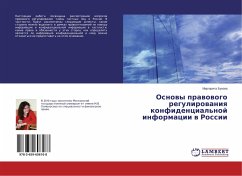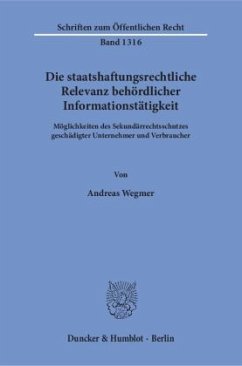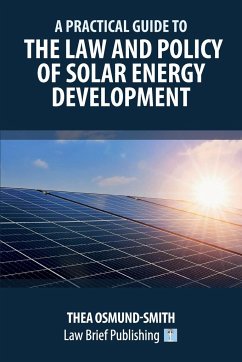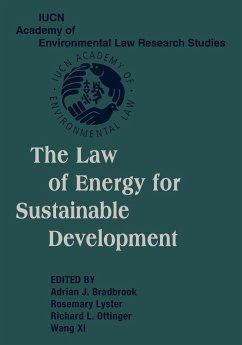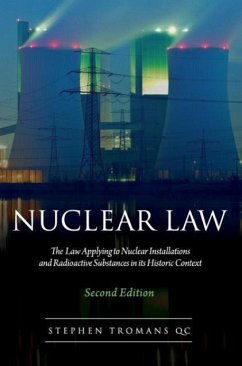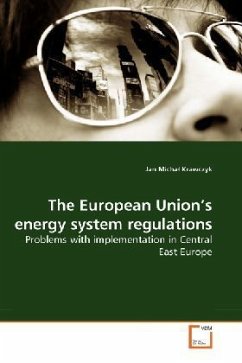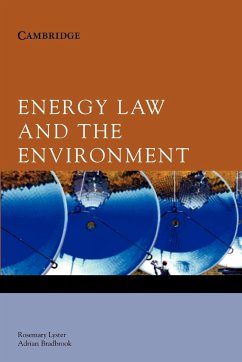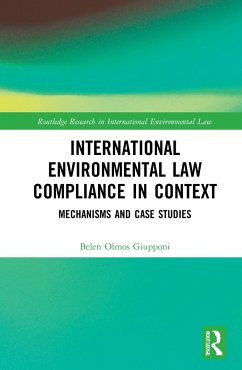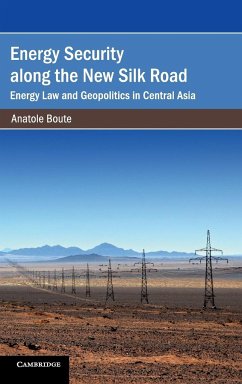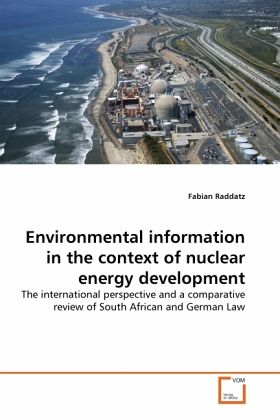
Environmental information in the context of nuclear energy development
The international perspective and a comparative review of South African and German Law
Versandkostenfrei!
Versandfertig in 6-10 Tagen
32,99 €
inkl. MwSt.

PAYBACK Punkte
16 °P sammeln!
"Environmental issues are best handled with the participation of all concerned citizens, at the relevant level [...]. States shall facilitate and encourage public awareness and participation by making information widely available [...]." (Principle 10 of the 1992 Rio Declaration on Environment and Development). The context of nuclear energy development serves as an acute and pressing example for the relevance of informational rights in the environmental context. Apparently, the establishment and adequate implementation of access rights promotes public participation and, thus, improves the hand...
"Environmental issues are best handled with the participation of all concerned citizens, at the relevant level [...]. States shall facilitate and encourage public awareness and participation by making information widely available [...]." (Principle 10 of the 1992 Rio Declaration on Environment and Development). The context of nuclear energy development serves as an acute and pressing example for the relevance of informational rights in the environmental context. Apparently, the establishment and adequate implementation of access rights promotes public participation and, thus, improves the handling of environmental risks to the public as well as the prevention and mitigation of harm to the environment. This work examines the standing of respective international conventions and compares the South African and German situation from a legal perspective. Overall, and although some of the remaining weaknesses of both access regimes may be remedied with a view to the strengths of the other system, the efficiency of domestic forms of informational access rights clearly depends on the usage of the provided privileges by an environmentally educated and aware public.



